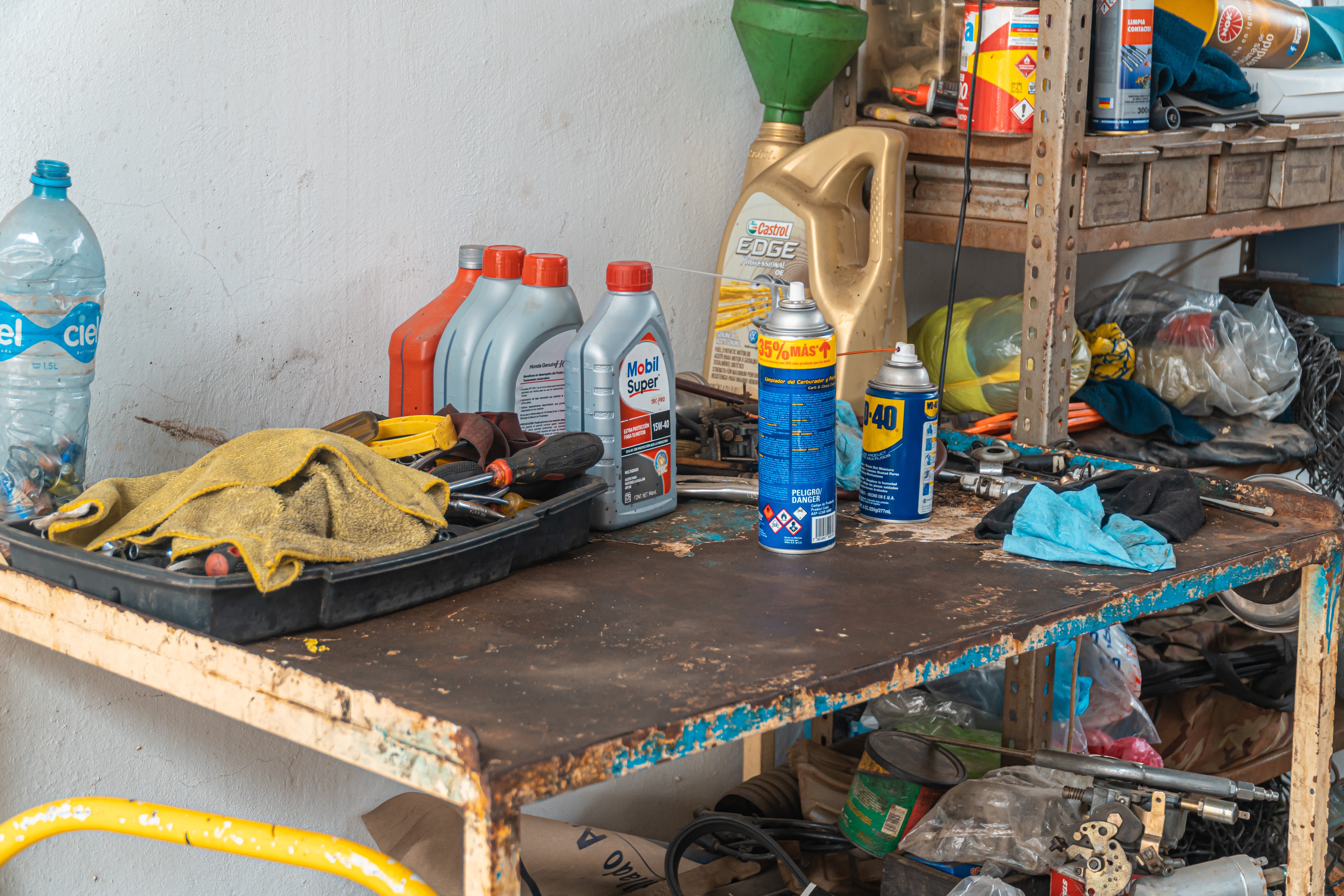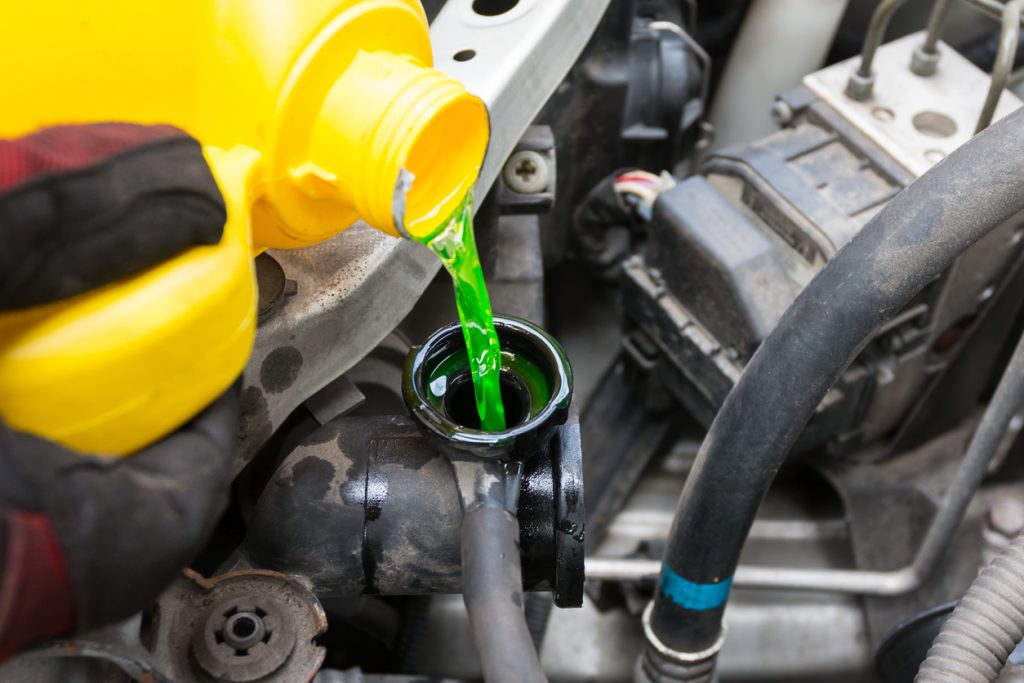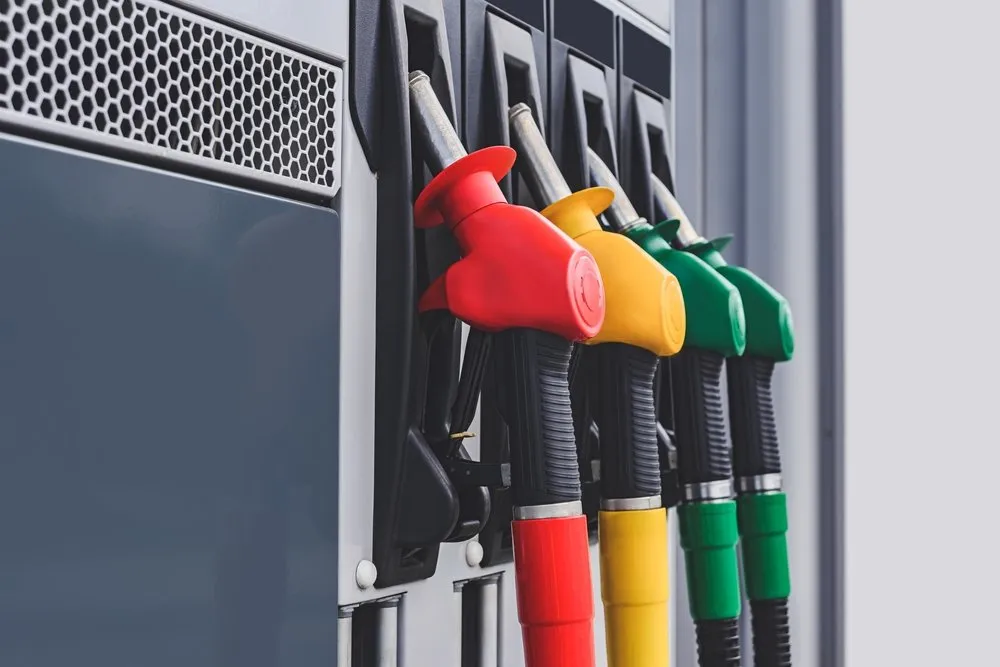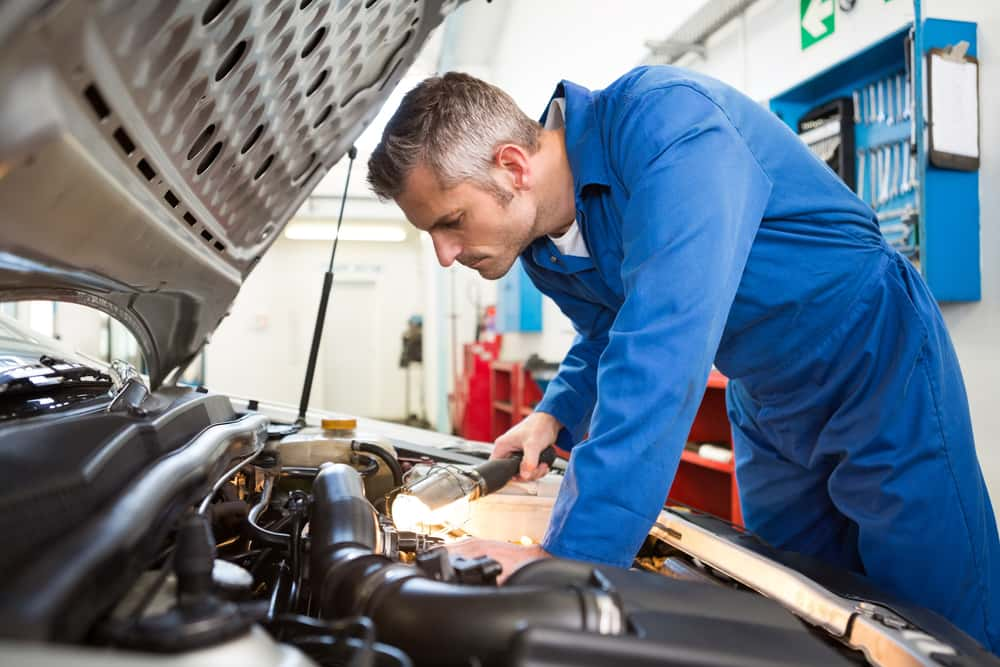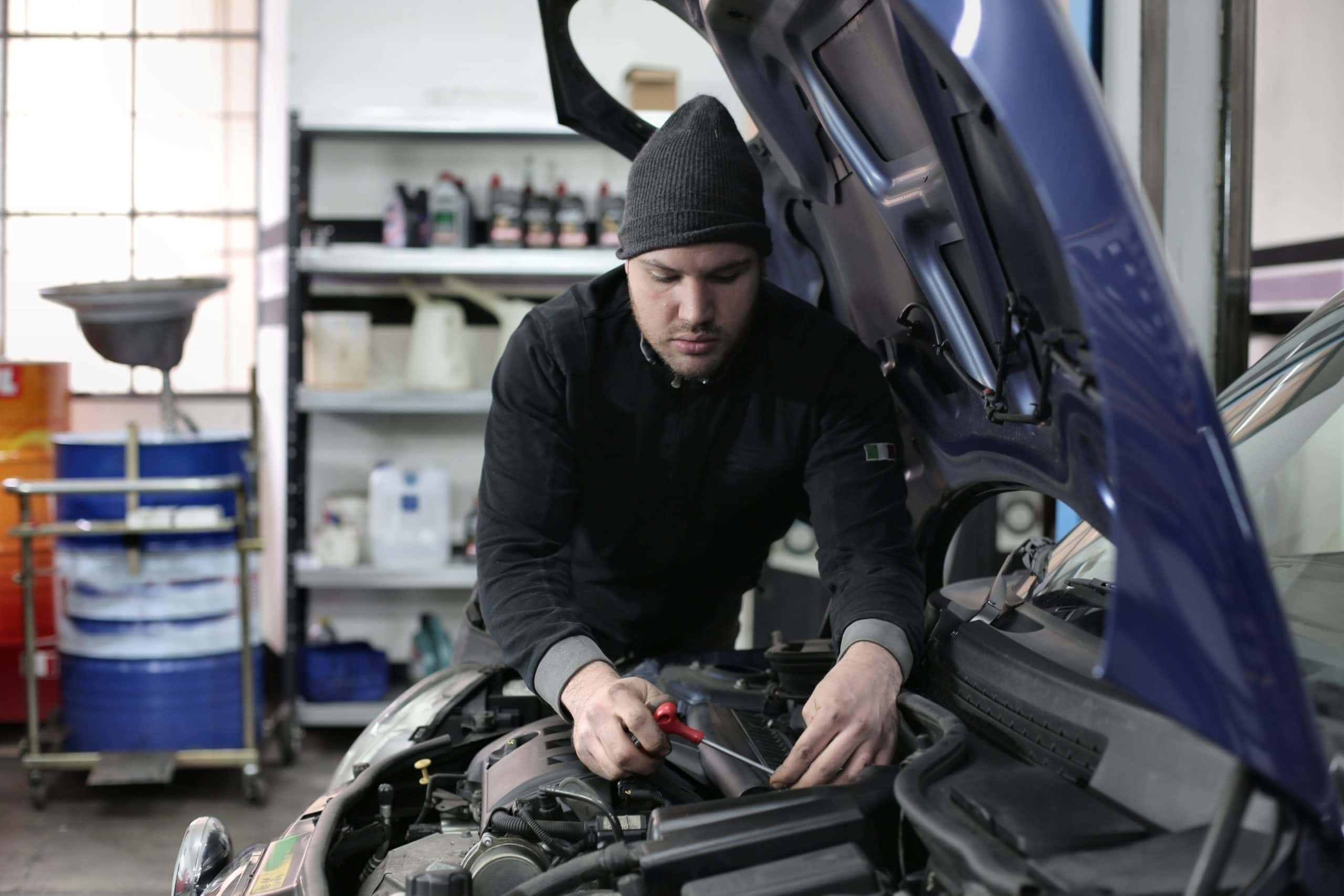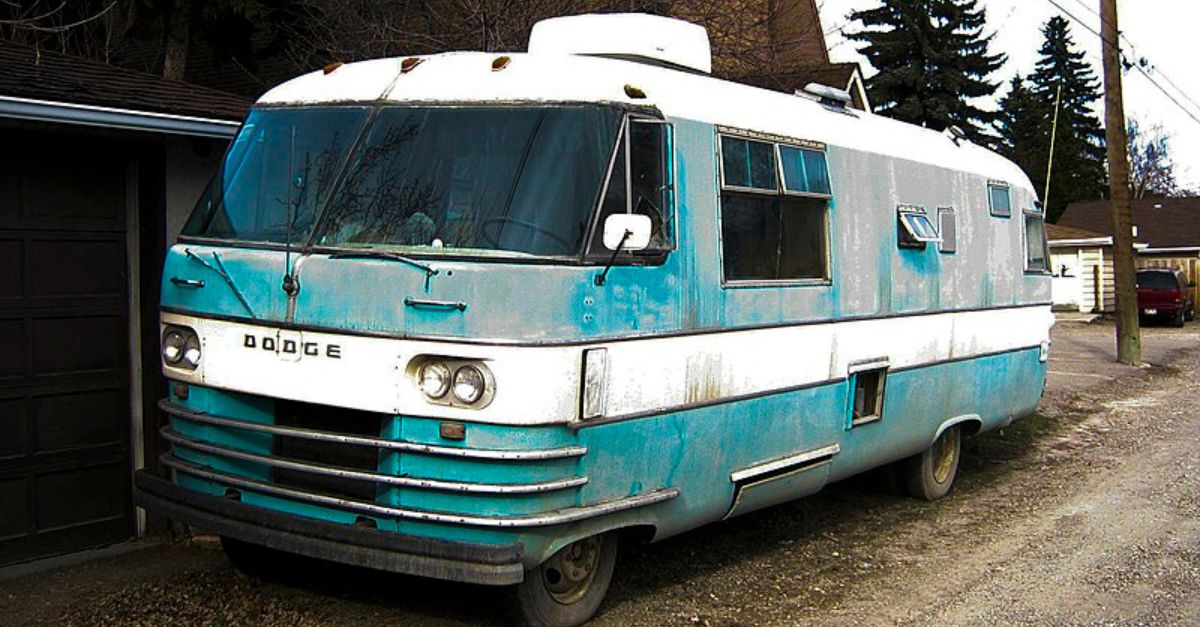This Common Engine Mistake Is Taking Years Off Your Cars Life

Your vehicle's engine is the heart of your car, and with a little care and foresight, you can significantly extend its lifespan.
Taking care of your engine is paramount for several core reasons.
First and foremost, it guarantees longevity and optimal performance of your vehicle. A well-maintained engine delivers improved fuel efficiency, saving you money and reducing emissions.
Furthermore, keeping your engine in top shape boosts the car's resale value, ensures safety by preventing unexpected breakdowns, and offers significant economic advantages by averting major repair costs.
Here's how you can ensure it runs smoother for longer:
1. Regular Oil Changes
The Basics: Motor oil lubricates the engine and reduces friction which can cause wear and tear.
Tip: Always follow the manufacturer's recommendations for oil change intervals, but a common rule is every 3,000 to 5,000 miles.
2. Maintain Fluid Levels
The Basics: Other than oil, your engine relies on several other fluids including coolant, brake fluid, and transmission fluid.
Tip: Regularly check these fluid levels and top them up or change them as needed.
3. Change the Air Filter
The Basics: A clean air filter ensures that your engine gets plenty of clean air to mix with fuel. A dirty filter can reduce fuel efficiency and power.
Tip: Generally, you should replace the air filter every 15,000 to 30,000 miles, but check the owner’s manual for specifics.
4. Use Quality Fuel
The Basics: Not all fuels are created equal. Some contain additives that can help clean and protect your engine.
Tip: Consider using a fuel from a top-tier gas station, and occasionally use a fuel system cleaner.
5. Warm Up the Engine
The Basics: Cold starts, especially during winter, can be hard on an engine.
Tip: Let your engine run for a minute or two before driving – but avoid letting it sit idle for prolonged periods.
6. Regularly Service Your Vehicle
The Basics: Scheduled maintenance can help catch potential issues before they become major problems.
Tip: Follow the manufacturer's recommended service schedule, often found in the vehicle's manual.
7. Avoid Heavy Loads
The Basics: Regularly carrying heavy loads, especially in smaller vehicles, can strain the engine.
Tip: If towing or carrying heavy items, ensure your vehicle is equipped to handle it.
8. Keep It Clean
The Basics: Dirt and grime can accelerate wear and cause components to fail.
Tip: Regularly clean your engine bay and consider using a degreaser to remove accumulated grime.
9. Drive Sensibly
 Михаил Решетников, Adobe Stock
Михаил Решетников, Adobe Stock
The Basics: Rapid acceleration and hard braking can be hard on your engine.
Tip: Adopt smooth driving habits – it's better for your engine and your fuel efficiency.
10. Be Mindful of Short Trips
The Basics: Engines thrive once they've reached optimal operating temperatures. Short trips prevent the engine from fully warming up.
Tip: For short errands, consider combining several into one trip.
Final Thoughts
Your vehicle is an investment, and by looking after its engine, you're not only ensuring a longer, more reliable lifespan for the car but also saving money in potential repairs down the line.
With a bit of regular care and attention, your engine can serve you well for many miles to come.


